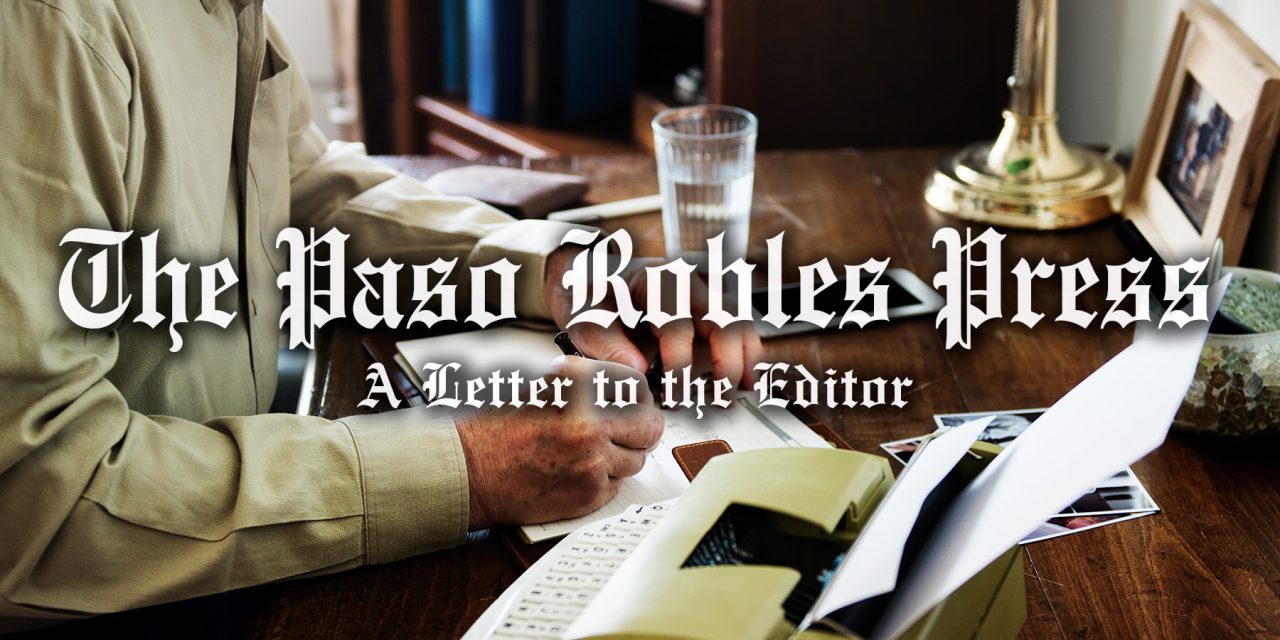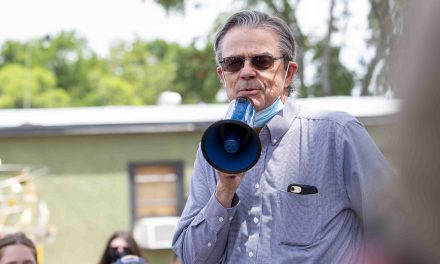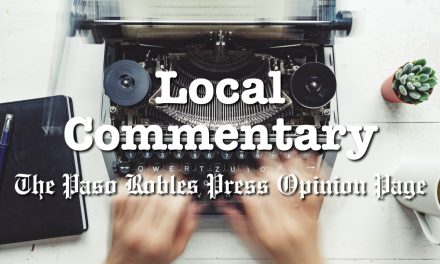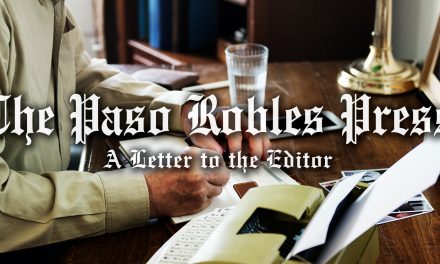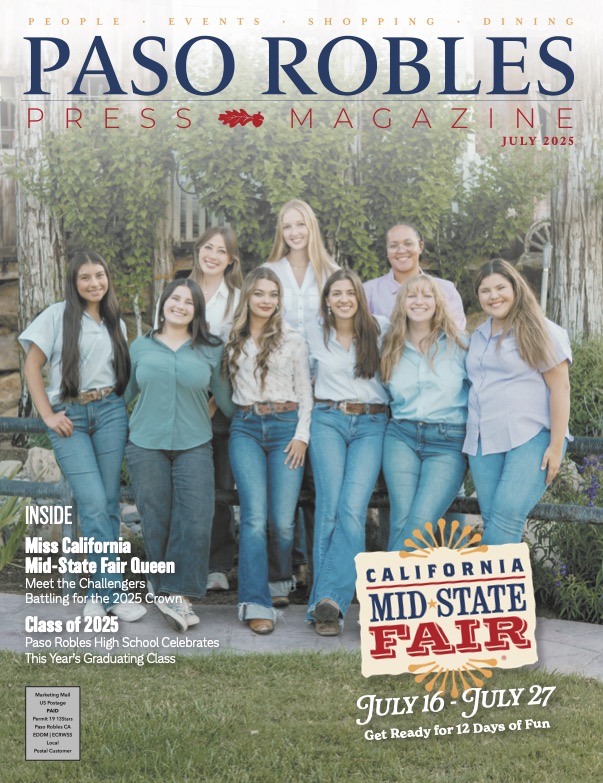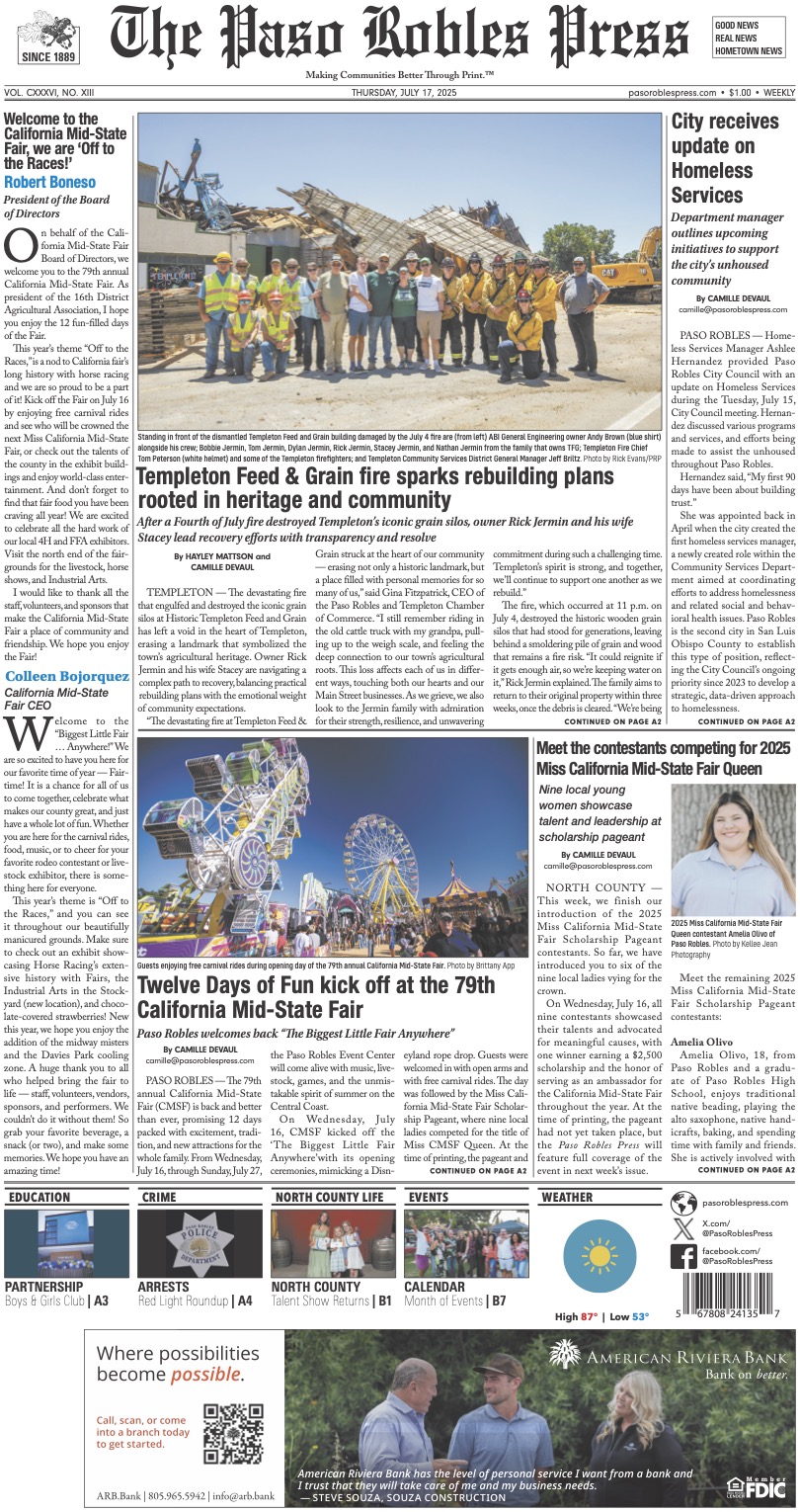Dear Editor,
Anyone listening to the Apr. 20 Board of Supervisors meeting would have heard the members state their intention to ask Dr. Penny Borenstein about the use of vaccine passports in our County during the May 4 meeting. And during the May 4 meeting, Borenstein was indeed asked about vaccine passports under the COVID Update agenda item.
On May 4 of there were well over a hundred pre-recorded verbal public comments voicing concern over vaccine passports. In the midst of playing the comments on the agenda item #16, the COVID Update, the Board interrupted the play of messages in order to move to suspend the right of the remaining messages to be heard. Supervisors Dawn Ortiz-Legg, Bruce Gibson, and John Peschong voted not to hear the remaining messages in order to “save time.”
The following day the SLO Tribune hostility mislabeled constituents’ comments as “spam.” Shame on them for demeaning callers with cultural slurs such as “anti-vaxxers” or “far-right conservatives.” To belittle citizen involvement in the political system shows a crude lack of objectivity that the Tribune professes to attain. If the Tribune truly had an interest in knowing what spurred people to call in, then perhaps it should have listened to the calls instead of dismissing them.
Each caller articulated their motivation in calling: they were concerned with the privacy of the medical information; they felt vaccine passports would be in violation of international, federal, and state laws; they feared vaccine passports would lead to discrimination and segregation. Some callers stated that they were Veterans who felt vaccine passports were a threat to the freedom they had fought to protect. Some callers were in favor of the COVID Vaccines and opposed to the possibility of having to show proof of them to access public accommodations.
These people live in our County. They are our neighbors. They vote. They have just as much right to voice their concerns and be heard in the process as those who politically align with the Tribune. Their editorial utilized name-calling over journalism, further perpetuating the social divide. So much for inclusion and calls for equity. The editorial insinuated people called from out of state. Such suspicions would have been easy enough to verify as each caller spoke and spelled their name. Once again, that would have been the actions of a responsible journalist.
San Luis Obispo County’s Board of Supervisors expressed outright shock at the public outcry from constituents who called to voice their concern about vaccine verification systems. Dawn Ortiz-Legg later referenced the COVID Update public comments by stating, “We talked for hours about something that didn’t matter.” Obviously, it doesn’t matter to Dawn Ortiz-Legg, but she needs to recognize that it does matter to her voters. Notably, more public comments were left on the COVID Update than on any other agenda items. My own representative, Bruce Gibson, voted against addressing the topic in the next meeting as it would likely create the potential for a high volume of public comment to endure again. Remind me, who works for whom?
On a refreshingly positive note, the Board got the message that this County does not want vaccine passports. Debbie Arnold made a motion that the following be placed on the Consent Agenda for the May 18 meeting: (1) The Board write a letter of support for Kiley’s Bill AB 327 (2) Amendment to add to the Board’s Legislative Platform their opposition to requiring vaccine verification in order to get goods and services. The motion was seconded by John Peschong and passed 3-2 with the support of Lynn Compton. Bruce Gibson and Dawn Ortiz-Legg.
The SARS-COV-2 virus has rattled us all, but we must not barter our liberties to assuage our fears. Such shortsighted actions made in haste are far harder to unravel than if their consequences were initially weighed rationally and with respect to legal and historical precedence in addition to common decency and fairness.
Requiring citizens to display their private medical records to merit access to goods and services will result in a two-tiered social system. A community divided into those who relinquish their right to privacy and religious and bodily autonomy for the privilege of access and those that hold liberty foremost and are consequently denied access. A society of haves and have-nots, or, more specifically, those who have liberty without access and those who have access without liberty.
This outcome would be an inexcusable atrocity we must continue to be intentional to avoid.
Sara Semmes, Atascadero

